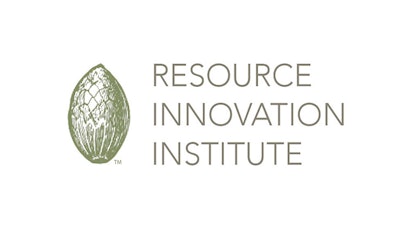
The Resource Innovation Institute (RII)’s Technical Advisory Committee (TAC) is nearly ready to release its energy management tool, called the Cannabis PowerScore, the nonprofit announced on Sept. 26.
RII has crafted ways to measure the energy footprint of cannabis cultivation facilities after spending over a year analyzing data and holding stakeholder discussions, and the organization is now beginning to set levels of performance through a stakeholder-vetted standard, according to a press release.
During an RII and TAC meeting last week, committee members reviewed and advised on several topics, including the data points, units of measurement and equation methodology of the Cannabis PowerScore tool to measure energy performance, as well as the way performance is categorized and a public process to receive feedback on the energy standard, the release said.
“Resource efficiency will define the future of cannabis. This is evidenced by price pressures in the more mature regulated markets, as well as rising interest by consumers and regulators about the energy impacts of cannabis,” said RII Executive Director Derek Smith, in the press release. “What’s been missing is a system to measure and evaluate energy efficient cultivation.”
The energy standard will group cannabis producers into categories of efficiency within each type of production, including indoor, outdoor and hybrid/greenhouse, according to the press release, with the groupings largely determined by performance measured by the Cannabis PowerSource tool. The “PowerScore” will be determined by an equation based on watts per square foot and other factors recommended by the TAC.
“The Cannabis PowerScore tool will enable growers and investors to confidentially assess their energy performance relative to like producers in their region,” Smith said in the press release. “In addition, the anonymous aggregate data will inform regulators, utilities and technology manufacturers how to support producers to successfully grow while reducing their energy footprint.”
RII will release a voluntary certification label next year that will certify cultivation facilities as resource efficient, and following the energy standard, RII and the TAC will also create carbon and water standards.
“What we’re doing now is establishing the underpinnings of what that label will represent and how it will be verified,” Smith stated in the release. “We’re starting with energy to inform the increasing dialogue by regulators, utilities and industry actors on how best to incentivize energy-efficient production.”
RII addresses energy and water conservation in the cannabis industry, setting standards, convening leadership and advocating for effective policies, incentives and regulations that lead to an energy and water efficient future for the cannabis industry, according to the release.
Top image courtesy of The Resource Innovation Institute


























